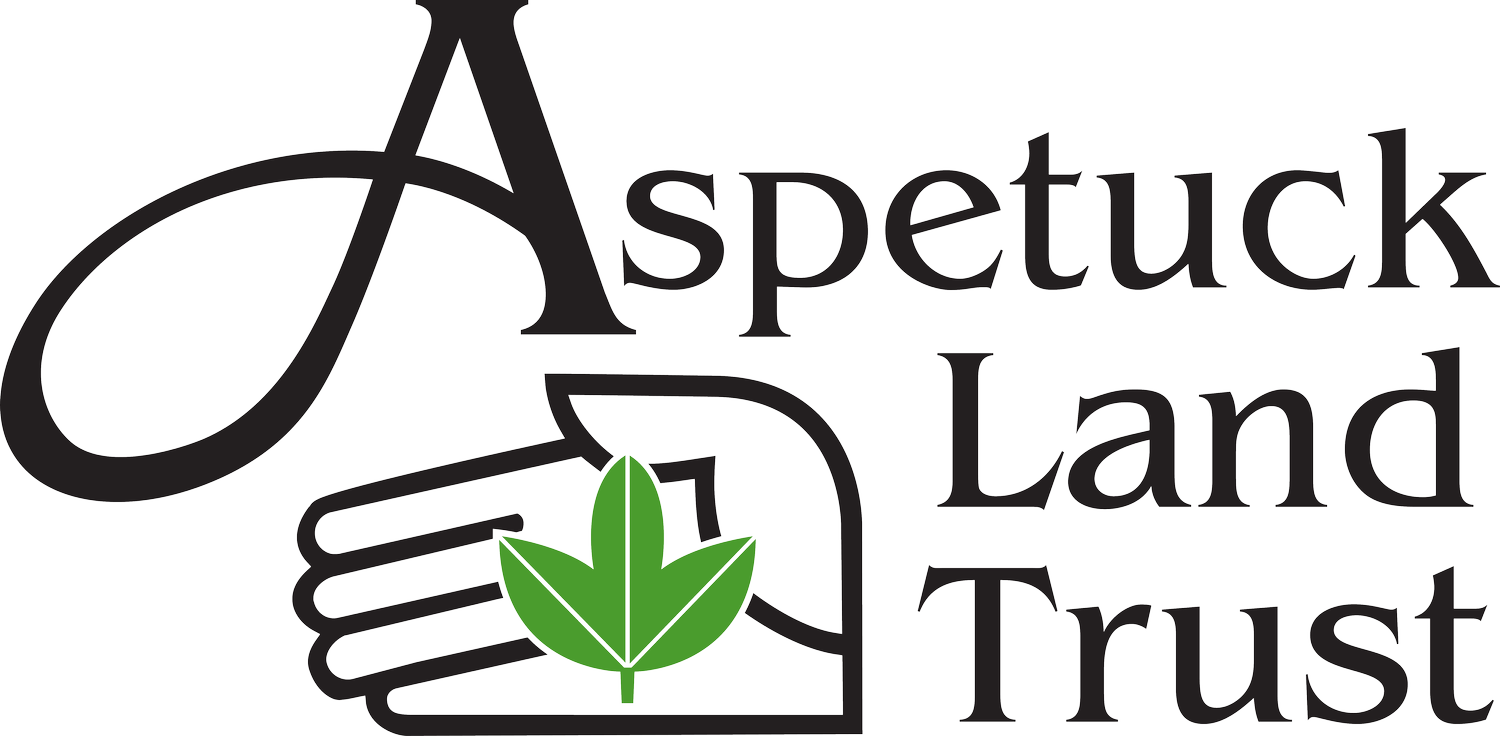Russ Cohen, expert forager and author of Wild Plants I Have Known…and Eaten
Planting Native for Biodiversity is now all the rage, however, the fact that many of our native species are edible by people too provides an additional incentive to plant them in yards and landscapes for those who might otherwise be insufficiently induced to do so for the ecological rationale alone.
Juneberries (Amelanchier spp.), for example, are equally edible by animals (songbirds, e.g.) and people alike. The taste of the ripe fruit is like a cross between cherries and almonds (they’re all related species in the Rose family).
Join Russ Cohen, expert forager and author of Wild Plants I Have Known…and Eaten, for a presentation featuring at least two dozen species of native edible wild plants suitable for adding to your own landscape, or nibbling on as you encounter them in other locales.
Keys to the identification of each species will be provided, along with edible portion(s), season(s) of availability, and preparation method(s), as well as guidelines for safe and environmentally responsible foraging.
Until his retirement in June of 2015, Russ Cohen’s “day job” was serving as the Rivers Advocate for the Massachusetts Department of Fish and Game’s Division of Ecological Restoration, where one of his areas of expertise was in riparian vegetation.
Now Russ has more time to pursue his passionate avocation, which is connecting to nature via his taste buds, and assisting others in doing the same. Russ is now playing the role of “Johnny Appleseed” for edible native species. He has set up a small nursery (in Weston, MA) where he grows/keeps over 1,000 plants that he propagates from seed (some of which he collected himself), as well as obtains from other sources, such as the Native Plant Trust.
He is then partnering with land trusts, cities and towns, schools and colleges, state and federal agencies, organic farms, tribal groups and others to plant plants from his nursery in appropriate places on their properties.




